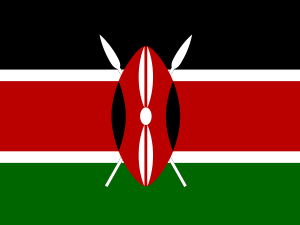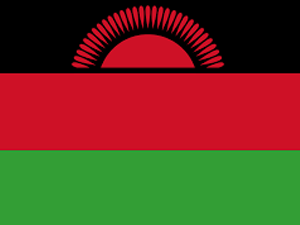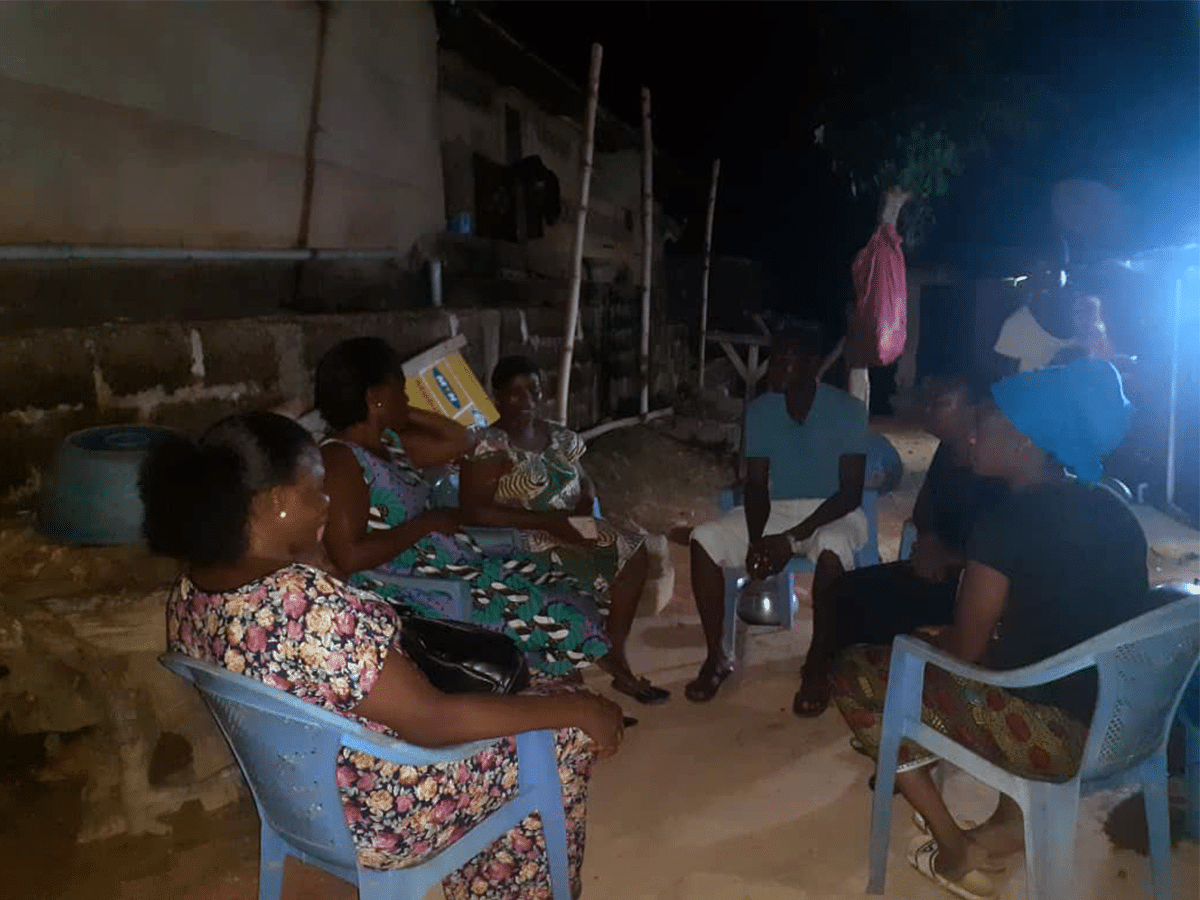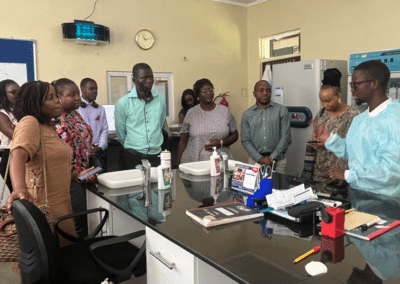The Ministry of Health (MOH) of Côte d’Ivoire has decided to expand its mix of HIV treatment models for people living with HIV, especially those in rural communities. The policy change will add community-based group models, like the ones showcased by Zimbabwe during a 2020 south-to-south learning visit. In February 2020, teams from Côte d’Ivoire and Ethiopia visited Zimbabwe to learn about the implementation of Community ART Refill Groups (CARGS) in rural and urban areas.
“We witnessed various scenarios during our learning visit to Zimbabwe that showed us community-based models work,” said Kofi Simplice Bohoussou, MD, MPH, DSD Advisor for Côte d’Ivoire’s Programme National de Lutte Contre le Sida (National Program to Fight HIV/AIDS or PNLS). “Even though facility-based health coverage in Côte d’Ivoire is good, and the public has access to HIV services, we have noticed a drop off in treatment adherence and hospital follow-up with the patients doing well on ART. We are hoping the community-based adherence group model will be enough to reduce lost-to-follow-up,” Dr. Bohoussou added.
Côte d’Ivoire has piloted the community-based group model in two of the country’s regions since August 2020. To date, 857 people are enrolled in the new treatment models.
“We have been working in close collaboration with the MOH to implement the community-based adherence group model by providing guidance on how health facilities can work in collaboration with community health workers to ensure we retain people in care with regular follow-up calls and home visits,” said Franck Boraud, MD, CQUIN regional advisor in Côte d’Ivoire.
Roseline Amafou is a community health officer in the Mé region in southern Côte d’Ivoire. ICAP supports the training of nurses and other community health workers like Amafou to roll out the community-based model. Amafou meets four people doing well on ART every three months at an agreed-upon location in the community, where she assesses the group’s health using a standardized checklist. Group members also receive their medications at these meetings and discuss any life challenges and support each other.
Amafou collaborates with the group leader to ensure group members are adhering to treatment by following up on the group members monthly.
Each member of the community adherence group will take turns visiting a health facility once a year for a consultation and to take a viral load test. During this clinical visit, the group member will report on the groups’ wellbeing. The clinician will also give the visiting group member a three-month ART prescription for the entire group.
“This model will help ease the burden of care on the patients and health facilities. I look forward to helping my group with whatever support they need,” said Amafou.



























